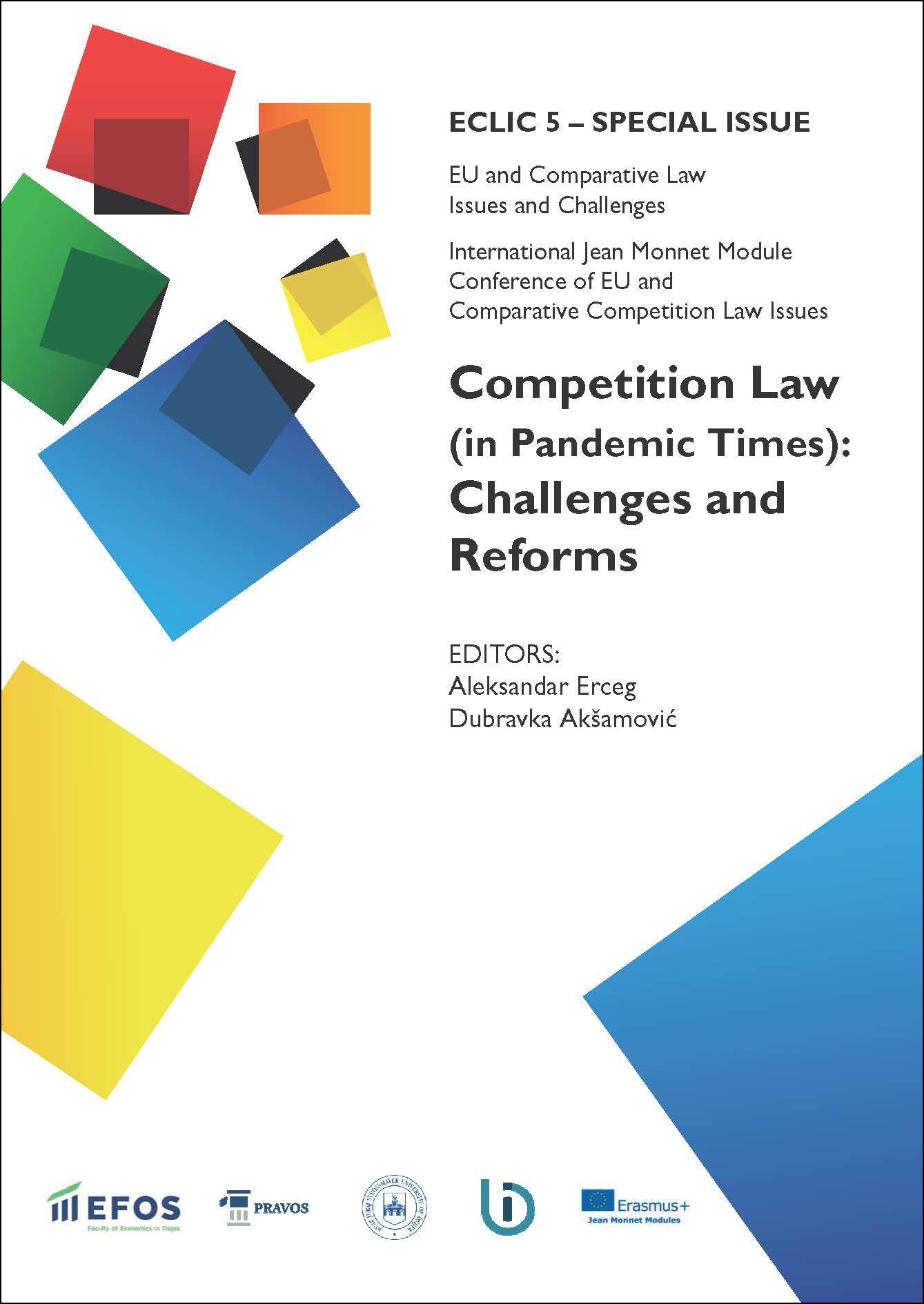THE NON-APPLICATION OF COMPETITION RULES IN POST-CONFLICT DEVELOPMENT
DOI:
https://doi.org/10.25234/eclic/18834Abstract
Competition has been claimed to be a very liberal economic tool where market players are meant to be free in arranging their technologies, production and sales on a particular market. In this paper we are developing a new hypothetical of the functioning of market economies which are in a global sense and considering new markets very different and specific. All the global powers, whose centre of influence might change in time, are trying to gain a bigger share regarding raw materials and potential markets. In post-conflicts societies and in particular in our case study of Kosovo and Serbia we can see the more clear market interests of all local, regional and global powers. The research of post-conflict societies is providing us with some answers regarding the possible future developments in certain societies and regions. The EU made Brussels Agreements in Kosovo has managed to establish new enterprises as a solution of a political compromise where energy, telecommunication and natural resources played a key role. The Washington Agreement has liberalized the infrastructure achievements but in some aspects limited the use of energy and telecommunication infrastructure from certain sources. In this sense we can observe the limited capacity of competition rules application in post-conflict societies and in particular Kosovo in this case. These agreements have therefore limited the influence of economic, strategic and energy related influence from main USA competitors which have not been named in the agreements, but are well known. In both agreements it is visible how economic activities and cooperation is encouraged with various non-economic incentives. Competition is accordingly more of a political will than an economic reality for some in post-conflict societies. The introduction of various companies into the Kosovo legal framework and their control by Serbia is an obvious tool how natural resources could be shared for a benefit of citizens where conflict is resolved using free market and competition rules.
Downloads
Published
How to Cite
Issue
Section
License
Copyright (c) 2021 Attila Nagy

This work is licensed under a Creative Commons Attribution-NonCommercial 4.0 International License.
Authors retain the copyright on the papers published in the Journal, but grant the right of first publication to the Journal. Papers accepted for publication or already published in ECLIC of the Faculty of Law in Osijek may be published by the author(s) in other publications only with proper notice of its previous publication in ECLIC.


